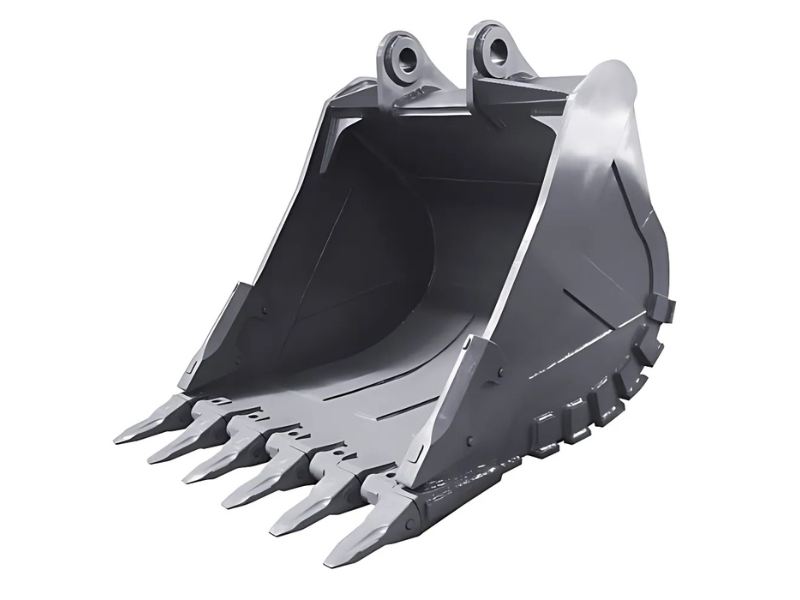
A Rock Bucket is a vital attachment for excavators, loaders, and other heavy machinery used in construction, mining, and landscaping. Designed to handle heavy loads of rocks, debris, and coarse materials, these robust tools are often subjected to extreme stress and harsh working conditions. However, without proper maintenance, even the most durable rock buckets can wear down prematurely, leading to costly repairs and downtime. In this blog, we’ll explore essential maintenance tips that can help you extend the lifespan of your rock bucket and ensure optimal performance.
Dirt, debris, and rocks can accumulate in the bucket during operations. Over time, this buildup can cause scratches, dents, or even corrosion. To maintain your rock bucket, clean it after every use. Use high-pressure water to remove mud and fine particles, and make sure to dry it thoroughly to prevent rust formation. Regular cleaning not only preserves the structural integrity of the bucket but also allows you to inspect it for early signs of wear or damage.
Frequent inspections are crucial to prolong the life of a rock bucket. Pay attention to the following areas:
Cutting Edge: The cutting edge bears the brunt of the workload and is prone to wear. Check for cracks, chips, or excessive thinning.
Bucket Teeth: Worn or broken teeth reduce efficiency and can damage the bucket or machinery. Replace damaged teeth promptly.
Side Plates and Corners: These areas often face heavy abrasion. Look for cracks, bending, or excessive wear.
Regular inspections help identify minor issues before they escalate into major problems.
If your rock bucket has pivot points or hinge mechanisms, proper lubrication is essential. Use a high-quality grease to reduce friction and prevent premature wear. Lubrication also ensures smooth operation, minimizing stress on the bucket and the machine. Establish a lubrication schedule based on the manufacturer’s recommendations and operating conditions.
Overloading a rock bucket beyond its designed capacity can cause structural damage, including bent side plates or fractured welds. Always adhere to the manufacturer’s load limits and avoid forcing the bucket into dense or compacted materials. Overloading not only shortens the bucket’s lifespan but can also compromise operator safety.
When the bucket is not in use, store it in a dry, covered area to prevent exposure to moisture and harsh weather conditions. Prolonged exposure to rain or humidity can accelerate rust and corrosion, especially on steel buckets. If indoor storage is not possible, consider using protective covers or applying a rust-inhibiting coating to extend the rock bucket’s life.
Vibrations during operation can loosen bolts, pins, and fasteners over time. Check all hardware periodically and tighten them as necessary. Loose fasteners can cause misalignment, uneven wear, or even catastrophic failure during heavy operations.
For buckets that operate in extremely abrasive environments, applying wear-resistant coatings or hardfacing to the bucket’s high-impact areas can significantly extend its lifespan. These coatings reduce abrasion, minimize metal loss, and protect the bucket from premature deterioration.
Even the best-maintained rock bucket can suffer if used improperly. Ensure that operators are trained to handle the bucket efficiently. Avoid sharp impacts, excessive swinging, or scraping along hard surfaces unnecessarily. Skilled operation reduces stress on the bucket and helps prevent accidental damage.
A rock bucket is a significant investment, and maintaining it properly can save you both time and money. Regular cleaning, inspection, lubrication, careful operation, and proper storage are simple yet effective strategies to maximize its lifespan. By following these maintenance tips, you not only ensure your bucket remains in top working condition but also enhance the overall efficiency and safety of your operations.
Investing a little effort in preventive care today will keep your rock bucket performing optimally for years to come.
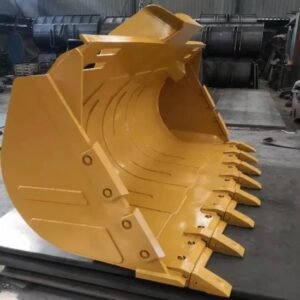
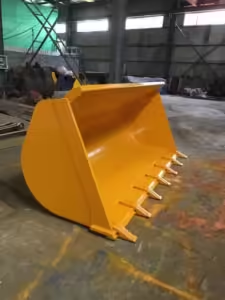
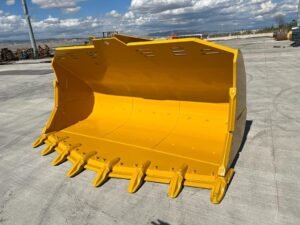
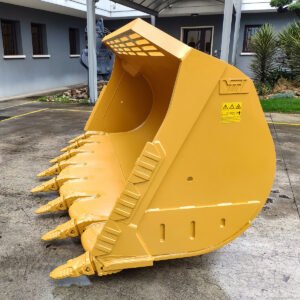
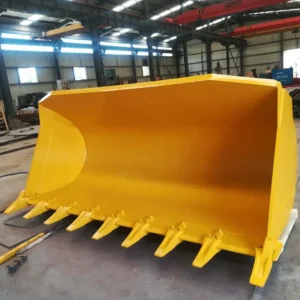
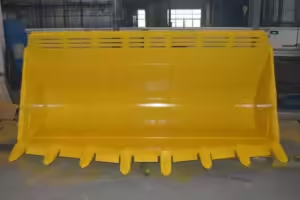
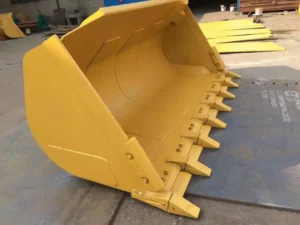
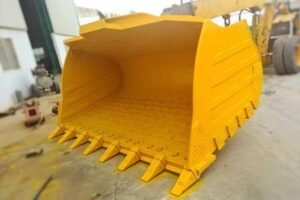
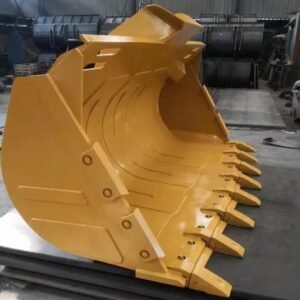
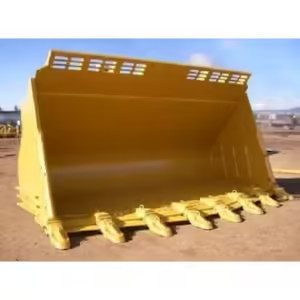
TEAM. All Rights Reserved. Developed by Pixel Tech.